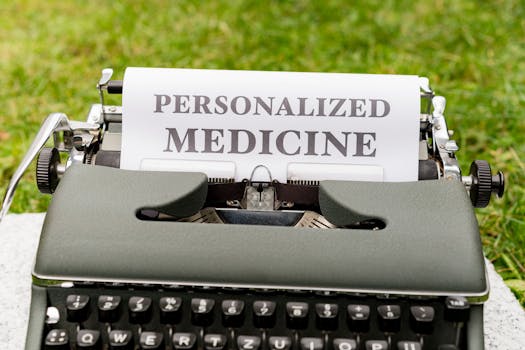
Understanding Genetics and Health

The role of genetics in human health and disease is profound and multifaceted. Genetics refers to the study of genes, the units of heredity that dictate the traits and characteristics of living organisms. At the core of every individual’s health status lies their genetic makeup, which can predispose them to certain diseases or conditions.
Genetic Influences on Health

Research has shown that many health conditions, including chronic diseases like cancer, diabetes, and heart disease, have a genetic component. For instance, mutations in specific genes can increase the risk of developing certain types of cancer. Understanding these genetic links enables healthcare providers to identify at-risk individuals and implement preventive measures.
Genetic Disorders

Genetic disorders arise from abnormalities in an individual’s DNA. Some of these disorders are inherited, while others occur due to mutations that happen during a person’s lifetime. Common genetic disorders include cystic fibrosis, sickle cell anemia, and Huntington’s disease. These conditions not only affect the individuals diagnosed but also have broader implications for family members and healthcare systems.
Personalized Medicine and Genetic Testing

Advancements in genetic testing have revolutionized the approach to healthcare. Personalized medicine tailors treatment based on an individual’s genetic profile, improving the efficacy of therapies. For example, targeted therapies in cancer treatment depend on the genetic mutations present in tumors, allowing for more effective treatment plans.
Conclusion

In conclusion, the role of genetics in human health and disease cannot be overstated. As research continues to unveil the complexities of our genetic code, the potential for improved health outcomes through genetic insights and personalized medicine becomes increasingly clear. Understanding our genetics not only empowers individuals to take charge of their health but also paves the way for advancements in medical science.






